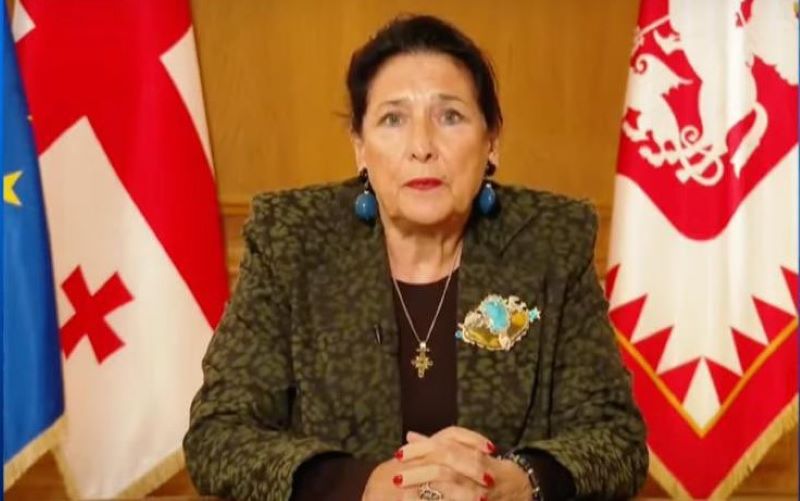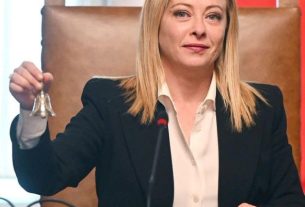Georgia’s President Salome Zourabichvili has called on Europe for support against what she calls Russian efforts to dominate her country. This comes amid four nights of protests in Tbilisi, sparked by the Georgian Dream ruling party’s suspension of talks on joining the European Union.
The protests reflect widespread frustration with the government’s perceived shift towards Russia’s influence. While Prime Minister Irakli Kobakhidze accuses the opposition of inciting violence, Zourabichvili, whose role is mostly ceremonial, insists the protests are about defending democracy and Georgia’s future in Europe. She has even personally confronted riot police during the demonstrations.
Critics see the suspension of EU talks as part of broader democratic backsliding, citing earlier government moves like restricting LGBTQ rights and enacting a controversial “foreign agents” law. The United States and EU have expressed alarm at these developments.
The protests in Tbilisi have been intense, with demonstrators throwing fireworks and police responding with tear gas and water cannons. Over 100 people, including police officers, have been injured since the unrest began, and 156 have been arrested. Many detainees allege police violence, raising further concerns about the government’s approach.
Prominent figures in Georgia, including martial artist Ilia Topuria, have condemned the government’s actions. Hundreds of diplomats and civil servants have signed letters protesting the decision to halt EU negotiations, with several ambassadors resigning in defiance.
Meanwhile, Russia denies interfering in Georgia’s politics, but former President Dmitry Medvedev warned that Georgia risks following Ukraine’s path of conflict with Moscow. Zourabichvili has rejected stepping down as president when her term ends this month, citing concerns about the legitimacy of parliamentary elections.
As tensions rise, Georgia stands at a crossroads, with its European ambitions and democratic values hanging in the balance.





